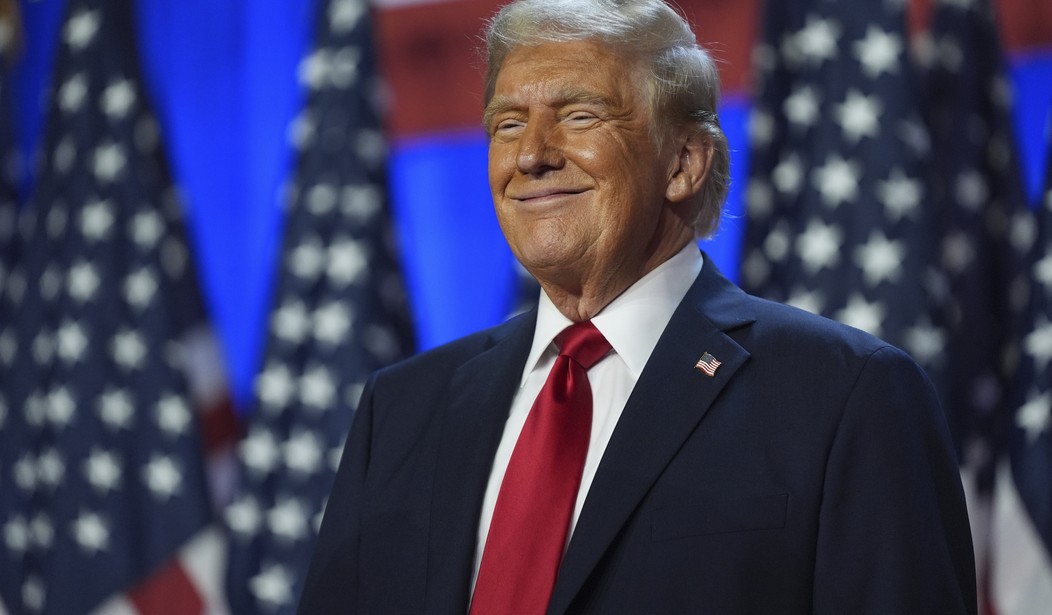For too long, critics of the America First doctrine have twisted its meaning, equating it with isolationism. This misconception suggests that prioritizing our nation’s interests means abandoning the global stage, but nothing could be further from the truth.
America First is not America Alone. Instead, it champions policies that safeguard the security, prosperity, and values of the American people while constructively engaging with the rest of the world. It acknowledges that a strong America—one with secure borders, a robust economy, and a thriving citizenry—is better equipped to lead and support its allies.
An America First approach does not reject global engagement; rather, it underscores the need to protect U.S. sovereignty while actively participating in international affairs. This strategy views diplomacy as an essential tool to secure American interests abroad and foster global stability. Genuine diplomacy focuses on forging partnerships based on mutual respect, not ideological activism or moral posturing. When global stability is achieved, economies flourish, and no country benefits more than the United States.
The pitfalls of an activist approach to foreign policy have been starkly visible in Hungary. Under Ambassador David Pressman, U.S. diplomacy toward this reliable NATO ally devolved into a series of lectures on progressive ideology. Pressman’s tenure was marked by a focus on advancing domestic U.S. political agendas rather than building bridges over shared priorities like security, energy, and trade. His ambassadorship became a glaring example of the damage done when ideological pursuits overshadow strategic partnerships.
Hungary, under Prime Minister Viktor Orbán, has been a vocal proponent of national sovereignty and conservative values—principles that resonate with many Americans. Yet, instead of respecting Hungary’s position, Pressman frequently undermined its government, framing it as a pariah for resisting Western liberal orthodoxy. His actions alienated Hungarian leadership and citizens alike, turning him into a symbol of the Biden administration’s broader failure to engage with nations on their terms.
Recommended
It comes as no surprise that Pressman’s departure was celebrated across Hungary. To Hungarians, his exit marked the end of a chapter defined by cultural interference and unwarranted criticism. For the United States, it serves as an opportunity to reflect on the damage caused by prioritizing ideological agendas over strategic alliances.
The Biden administration’s approach is indicative of a broader trend in U.S. foreign policy. Increasingly, social and moral activism has replaced genuine diplomacy, with ambassadors and envoys prioritizing domestic agendas over international collaboration. This approach weakens alliances, alienates partners, and diminishes America’s ability to effectively project power and influence.
The celebration of Ambassador Pressman’s departure in Hungary is more than a reaction to one individual; it symbolizes the broader desire for America to be a true partner rather than an ideological enforcer.
Hungary’s reaction to Pressman’s departure underscores a broader truth: nations seek partners, not overlords. Hungary, a proud nation with its own history, culture, and values, expects its allies to respect its sovereignty and priorities. Like many nations, Hungary has found America in recent years to be more interested in lecturing than listening.
Fortunately, change is on the horizon. President-elect Donald Trump has signaled a return to a foreign policy that values respect, realism, and results. During his first term, Trump demonstrated that America First is not synonymous with disengagement.
His administration prioritized pragmatic solutions that advanced American interests while fostering strong alliances. From historic peace agreements in the Middle East to confronting China’s economic aggression, Trump’s foreign policy proved that diplomacy grounded in mutual respect can deliver substantial achievements.
For Central and Eastern Europe, a reset in U.S. foreign policy is timely. Hungary, a steadfast NATO ally that has balanced Western alliances with its own conservative trajectory, is well-positioned to serve as a key partner to the United States. However, this partnership requires an American administration that treats Hungary as an equal, not as a subordinate to be corrected.
A shift from political activism back to diplomacy will also send a strong message to adversaries. By focusing on building robust, respectful relationships with its allies, the United States can strengthen the collective resolve needed to confront global challenges. By discarding the moral posturing of the Biden era, the U.S. has the chance to regain the trust of its partners, thereby fortifying the free world against authoritarian threats.
The return of America First diplomacy represents an opportunity to rebuild international relationships. By concentrating on shared objectives and respecting the sovereignty of its allies, the United States can reclaim its leadership role on the world stage. This leadership must be grounded in humility and pragmatism, eschewing the temptation to impose domestic political debates on the international community. Instead, it must embrace the complexities of global diplomacy.
President-elect Trump has the chance to restore America’s credibility by steering away from recent years’ moralizing and embracing a foreign policy rooted in respect and pragmatism.
America First does not mean turning inward; it signifies engaging with the world in a way that benefits both the U.S. and its allies. By adhering to principles of genuine diplomacy, the United States can rebuild trust, reinforce alliances, and ensure that our influence on the global stage remains both effective and enduring. The world is ready for America to lead again—not as an activist, but as a dependable partner. President-Elect Trump is the leader we need to make this happen.
Bryan Leib is the CEO of Henry PR, a Senior Fellow with the Center for Fundamental Rights in Budapest, Hungary, and a former CPAC-Endorsed 2024 GOP Congressional Candidate. He can be found on X @BryanLeibFL

























Join the conversation as a VIP Member